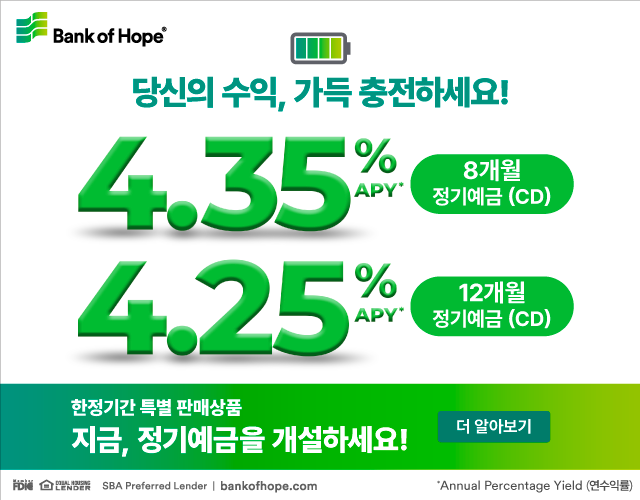
As technology races forward at breakneck speed, artificial intelligence (AI) has emerged as one of the most transformative forces of the 21st century. From personal assistants like Siri and Alexa to complex algorithms that drive financial markets, AI is no longer science fiction—it is a daily reality. Yet while it brings undeniable convenience and innovation, AI also raises urgent questions about privacy, ethics, and the future of human labor. Understanding the dual nature of AI is essential as we navigate a world increasingly shaped by intelligent machines.
The Promise of Progress: How AI Enhances Modern Life

At its best, AI represents a powerful tool for improving efficiency, productivity, and convenience. It excels at performing repetitive tasks with speed and accuracy, freeing humans from mundane work and allowing more time for creativity and innovation. In healthcare, for example, AI can analyze vast amounts of patient data to detect early signs of diseases such as cancer or Alzheimer’s, potentially saving lives through early intervention. In education, AI-driven platforms can personalize learning, offering tailored content to suit each student’s pace and style.
Beyond these fields, AI powers navigation apps, fraud detection systems, customer service bots, and even climate models that help researchers predict and mitigate the effects of global warming. In essence, AI has the potential to solve some of humanity’s most pressing challenges—if used wisely.
Job Displacement and the Human Cost
However, the same efficiency that makes AI so valuable also poses one of its greatest threats: the displacement of human workers. As AI systems become capable of performing tasks once reserved for humans, entire industries are being reshaped. Factory jobs, call center positions, and even certain roles in journalism and law are increasingly handled by algorithms. The World Economic Forum predicts that by 2025, automation may eliminate 85 million jobs—while creating 97 million new ones, mostly in tech-savvy sectors.
But the concern is not just about numbers. It’s about transition. Workers without access to retraining or education in digital skills may be left behind, leading to increased inequality and economic instability. The fear of a future where machines dominate labor markets is real—and it demands proactive policy solutions.
Ethics, Bias, and the Risk of Dehumanization
One of the most controversial aspects of AI is its capacity to reflect and even amplify human bias. Because AI learns from data—much of it drawn from historical patterns and human behavior—it can unintentionally perpetuate racism, sexism, and other forms of discrimination. For instance, facial recognition technologies have shown significantly lower accuracy when identifying people of color, raising serious concerns about surveillance and policing.
Moreover, there’s a broader philosophical worry: as we rely more on machines to make decisions, are we slowly removing the human touch from areas that need compassion and judgment? In law enforcement, medicine, or education, delegating too much to AI risks reducing individuals to mere data points. Ethical frameworks must be built into AI systems, and human oversight should never be discarded in the name of efficiency.

Another major concern surrounding the development of AI is privacy. Intelligent systems thrive on data—our data. Whether it’s a smart home device listening in on your conversations or an app tracking your location, AI often functions by collecting and analyzing massive amounts of personal information. While this can lead to personalized services and better user experiences, it also opens the door to misuse.
Governments and corporations can use AI to surveil individuals at an unprecedented scale. In some countries, AI-powered systems are already being used to monitor public behavior, raising fears of authoritarian control and loss of freedom. Without clear regulation and transparency, the line between security and intrusion becomes dangerously blurred.
The Road Ahead: Can AI and Humanity Coexist?
Despite the risks, the future of AI is not necessarily bleak. It depends on how we choose to develop, deploy, and regulate it. AI is not inherently good or bad—it is a reflection of human values and intentions. The question we must ask is not simply “What can AI do?” but “What should AI do?”
Tech companies, governments, and civil societies must collaborate to ensure AI is used responsibly. That means investing in digital education, enforcing data protection laws, creating ethical guidelines for developers, and always keeping humans at the center of technological progress. If we approach AI with thoughtfulness and foresight, we can harness its power while safeguarding the dignity and well-being of all.
Artificial intelligence is transforming our world in ways both awe-inspiring and unsettling. Its potential to improve lives is enormous—but so are the consequences if we fail to address its dangers. As we move deeper into the high-tech era, one thing is clear: the choices we make now will shape the relationship between humanity and AI for generations to come.
<Student Report Allyson Park> LACHSA addising16@gmail.com
This article offers a balanced perspective on the rapid rise of artificial intelligence, highlighting both its transformative potential and the ethical dilemmas it presents. As we stand at a technological crossroads, thoughtful dialogue and responsible innovation are more critical than ever. – Editor’s Note
Previous Article
[Allyson] A Thousand Stories, One Stage: Voices of Asia 2025
[Allyson] Unseen but Urgent: Shining a Light on Rare Diseases







